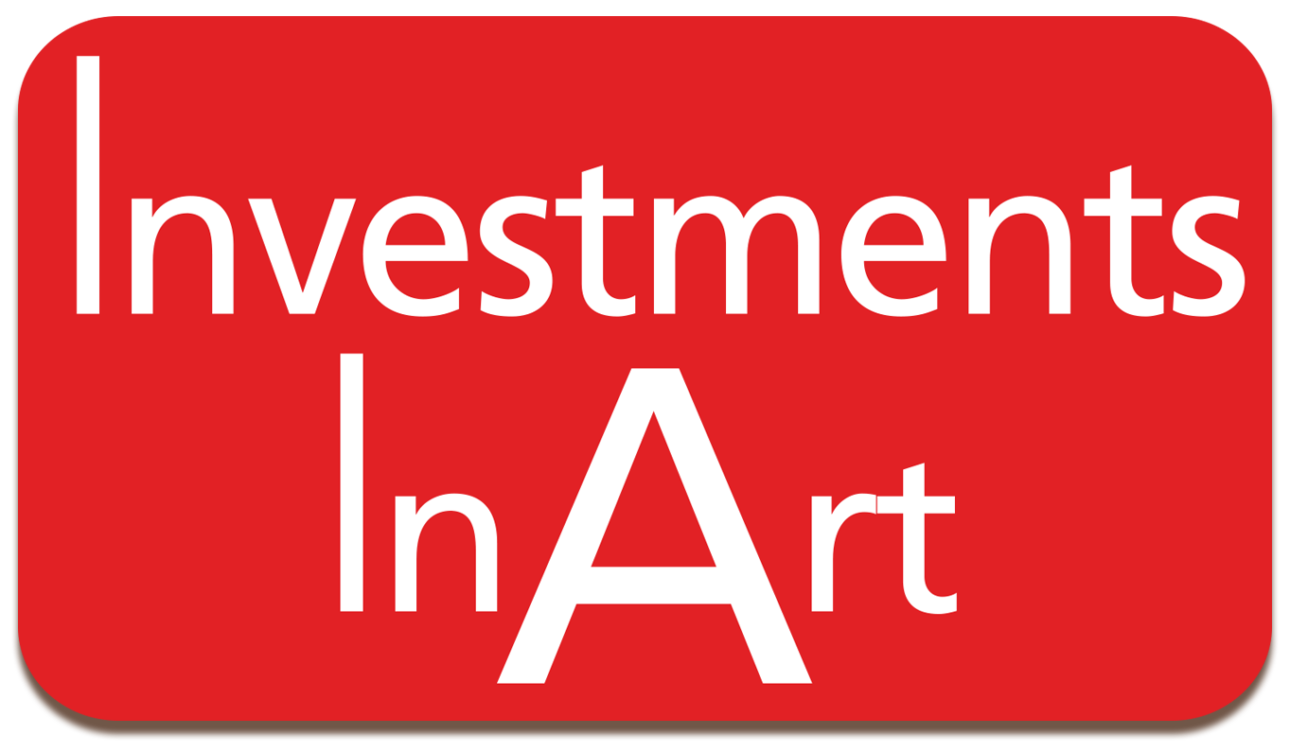The art market reacts to Covid-19
Although confinement measures are clearly a curse for an entire ecosystem dependent on the circulation of art fans and collectors, art market professionals intend to keep themselves active by adapting to the new situation, or even by reinventing themselves. In most cases this will involve some degree of federation as well as a significant expansion of their online strategies.
Safe activity picks up in Hong Kong and Shanghai
While European countries are imposing partial or complete lockdown with all cultural events, exhibitions, fairs, auctions etc. either cancelled or postponed, Phillips announced on 18 March that its Hong Kong spring sales will be held as planned from 29 May to 2 June at the JW Marriott Hotel.
Likewise, in Shanghai, the MadeIn Gallery has announced it is reopening as the Chinese authorities have managed to stabilize the Covid-19 epidemic in the city. The safety measures applied to visitors remain strict: face mask during the visit… checking of QR code proving residence in Shanghai… and body temperature controls at the gallery’s entrance.
Asia, digital rescue and solidarity…
Art Basel Hong Kong was the first major art event to announce its cancellation due to COVID-19 (in January 2020). The fair’s organizers reacted quickly by setting up a digital fair, so that exhibitors could present, free of charge, the works they intended to show at Art Basel. The fair will therefore host virtual stands for 231 galleries on the dates initially planned. Some galleries are already communicating on this new tool.
Times are tough for the Hong Kong market. After months of protests, the coronavirus epidemic has struck yet another blow. Postponements of auctions in Hong Kong and mainland China began back in January (Christie’s, Bonhams, China Guardian, Poly Auction, etc.). In mid–March, Francis Belin, President of Christie’s Asia Pacific, said that his business was going through a difficult period. He added that about 40% of new buyers are recruited through online channels, and that most of this growth was of Asian origin.
In general, the major auction houses have plenty of experience with online sales and are perfectly equipped to switch their prestige sales into the digital sphere. In 2019, online sales had already increased significantly with Sotheby’s notably posting a 25% increase.
Hong Kong art dealers have been experimenting with digital marketing since the coronavirus crisis began, and their new strategies are starting to bear fruit. But beyond the purely commercial aspect, several players in Hong Kong’s cultural ecosystem have joined forces in March to launch the non-profit organization Art Power HK, an online platform publicizing events and exhibitions with the objective of boosting their resilience and disseminating the cultural news of one of the world’s most dynamic artistic capitals.
The idea has spread to France where the Parisian gallery owner Georges-Philippe Vallois has called for a pooling of galleries to create “a common sales platform”.
